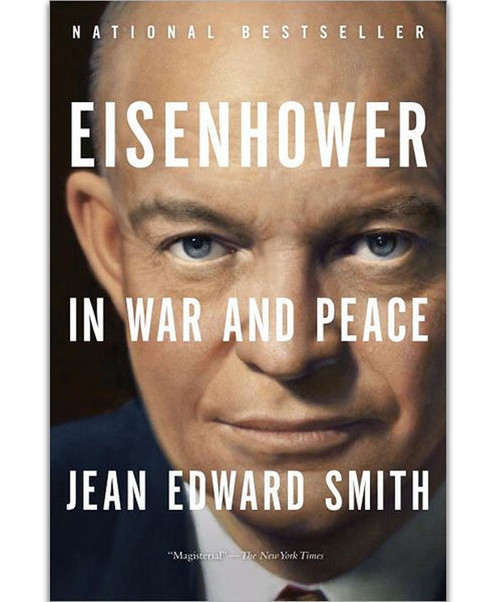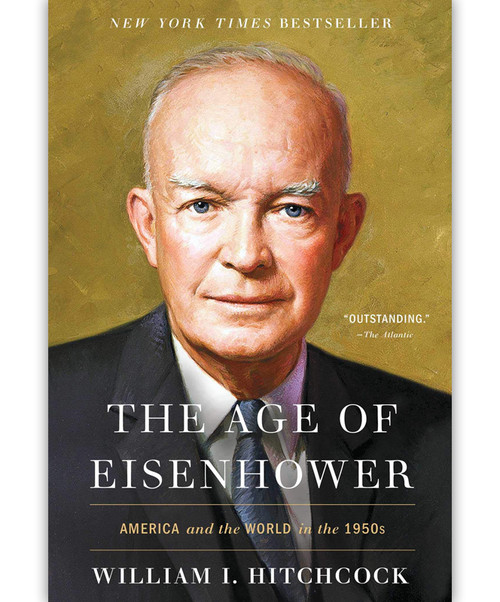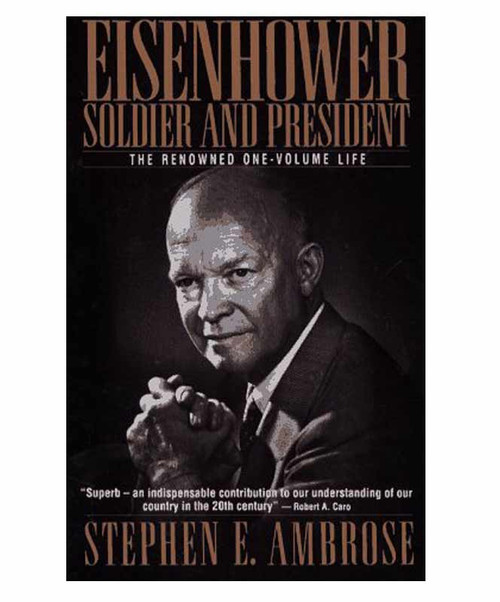By: Jean Edward Smith
Paperback
976 pages
2013
Product Dimensions: 6.1 x 1.6 x 9.2 inches
Historians long ago abandoned the view that Eisenhower’s was a failed presidency. He did, after all, end the Korean War without getting into any others. He stabilized, and did not escalate, the Soviet-American rivalry. He strengthened European alliances while withdrawing support from European colonialism. He rescued the Republican Party from isolationism and McCarthyism. He maintained prosperity, balanced the budget, promoted technological innovation, facilitated, if reluctantly, the civil rights movement and warned, in the most memorable farewell address since Washington's, of a "military-industrial complex" that could endanger the nation’s liberties. Not until Reagan would another president leave office with so strong a sense of having accomplished what he set out to do.
But does Eisenhower merit a place in the pantheon just behind Franklin Roosevelt? Smith’s case would be stronger if he had specified standards for presidential success. What allowances should one make for unexpected incumbencies, like those of the first Roosevelt, Coolidge, Truman, Johnson and Ford? Or for holding office in wartime? Or for "black swan" events — economic crashes, natural disasters, protest movements, self-inflicted scandals, terrorist attacks? What’s the proper balance between planning and improvisation, between being a hedgehog, in Isaiah Berlin’s famous distinction, and being a fox?
Smith doesn't say. But he does carefully trace Eisenhower's preparation for the presidency, and that’s what this biography is really about. From it, Eisenhower's own views on success in leadership emerge reasonably clearly. To reduce them to the length of a tweet — an exercise my students recommend, and which Ike might well have approved — they amount to achieving one’s ends without corrupting them.
Ends, Eisenhower knew, are potentially infinite. Means can never be. Therefore the task of leaders — whether in the presidency or anywhere else — is to reconcile that contradiction: to deploy means in such a way as to avoid doing too little, which risks defeat, but also too much, which risks exhaustion. Failure can come either way.







